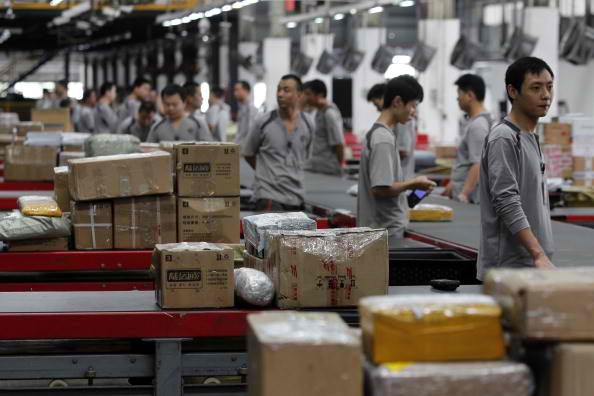China continues to wage war against counterfeiters, whose handiwork have reached the realm of e-commerce. Taobao, one of Chinese e-commerce giant Alibaba's online retailing platforms, has been cited as among the most-visited websites where fake products have been found to spread.
Ambiguity continues to characterize China's anti-counterfeiting laws, hence the reason why the likes of Taobao persist in featuring counterfeit products. The website continues to feature in the U.S. Trade Representative's (USTR) list of most notorious markets for fake goods in the world, Fortune reported.
Taobao's status as among the top e-commerce websites both in China and the world in terms of traffic poses an even more worrying prospect for the country's ongoing war on counterfeits. Nonetheless, the USTR recognizes that Alibaba is doing all it could to eliminate counterfeiting in Taobao.
In what can be deemed as an internal fight against counterfeiting, Alibaba has closed more than 180,000 stores from Taobao caught selling counterfeit products. However, the USTR noted that Taobao continues to be the subject of an "unacceptably high" number of reports on counterfeiting.
But now, Alibaba is emerging to further take matters into its own hands following the USTR's report, recognizing that the best way to get rid of counterfeiting is to increase its efforts to monitor its own marketplace amid minimal intervention from both the Chinese government and its brands.
As part of the move to eliminate counterfeits on Alibaba, the e-commerce giant has called on the Chinese government to scrutinize existing anti-counterfeiting laws, stressing on tougher sanctions to raise both costs and risks of making counterfeits available in the market.
Emphasizing the extent of the problem against counterfeits, Alibaba's platform governance team gathered 4,495 counterfeiting leads last year. Yet, the vagueness of anti-counterfeiting laws led to the failure of turning those leads into cases heard before courts.



























